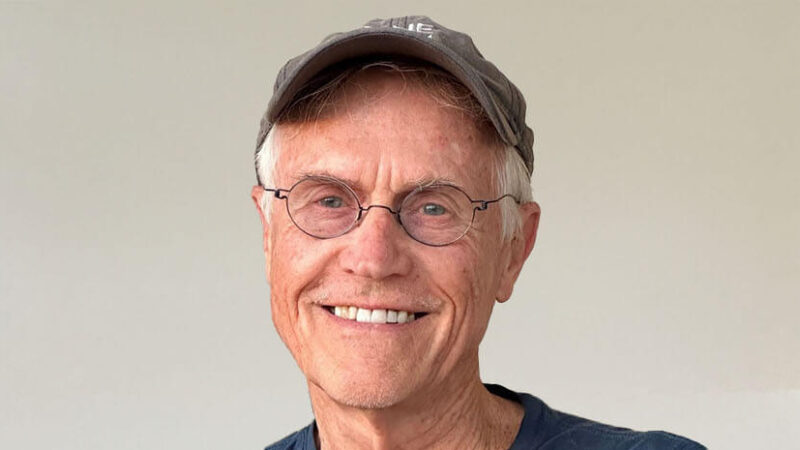Janine Shepherd is an author, motivational speaker, and former Olympic-level skier whose work draws upon an incredible journey of personal healing. She details that journey—from the car accident that broke her spine through intense rehabilitation and beyond—in the Sounds True book Defiant: A Broken Body Is Not a Broken Person. In this episode of Insights at the Edge, Tami Simon and Janine talk about the active choice to be alive and the power in knowing that decision. They speak on what it means to be truly resilient, and how one can experience fear without being afraid of it. Finally, Janine explains the realization that she is more than just a body and how that has reshaped her view of death and dying. (55 minutes)






